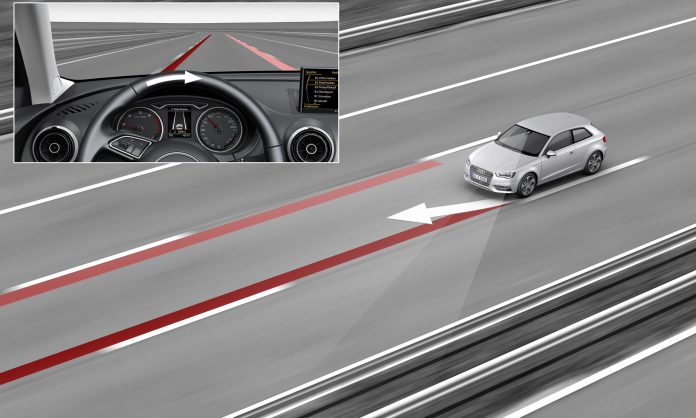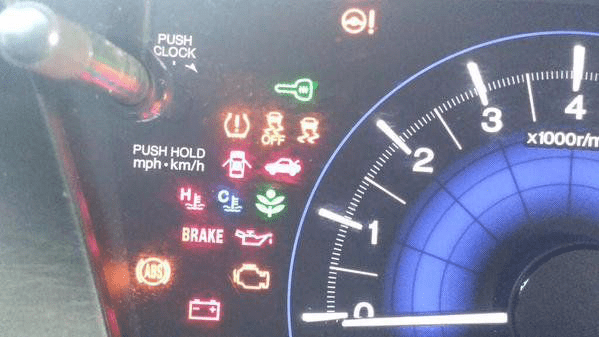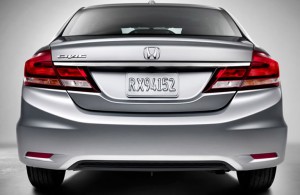Well, that didn’t take long.
The car companies have decided – on their own – to install automated braking in all the cars they make by the 2022 model year, just six years from now.
They have come to love Big Brother.
No, they have become Big Brother.
Anticipating a federal mandate, they have decided to pre-empt NHTSA – the federal bureaucracy that has somehow found authority in the Constitution to “keep us safe” (I’ve looked, could not find the clause) by making us pay for new, expensive technologies most of us neither need nor want.
Like automated braking.
It appeared a few years ago as a gewgaw in high-end cars – which nowadays justify their high prices mostly by touting electronic gewgaws such as this, because meaningful amenities such as power windows and locks, AC, cruise control and a great stereo are standard equipment in nearly every new car made, down to the humblest “economy” car.
Seemingly overnight, automated braking – which is typically marketed as “collision avoidance” technology – is almost everywhere, available optionally (which is ok) in probably 50 percent of current-year new cars.
But optional is never enough.
Everyone must have automated braking. Just as they must have six air bags, ABS, TCS, seatbelt buzzers, tire pressure monitors and back-up monitors.
NHTSA will make the official announcement this week.
The systems use radar or laser (which is always on, and makes radar detectors practically useless) to scan the area around the car for objects in the vehicle’s path. If the driver doesn’t step on the brakes when the computer thinks he ought to – which is typically a football field’s length away from the object – the computer steps in and applies the brakes for him.
Continue reading “The Car Biz Goes Full Clover”
















